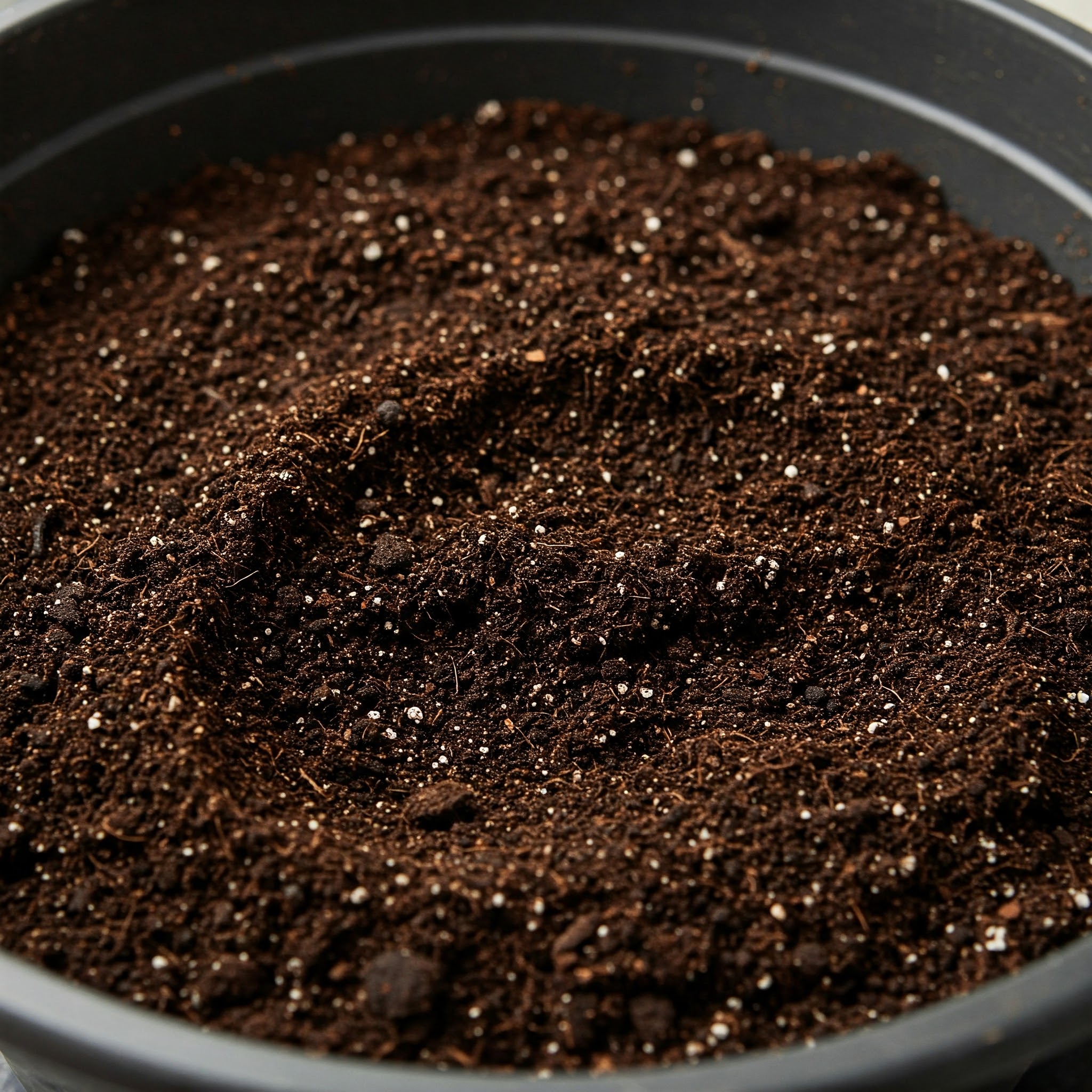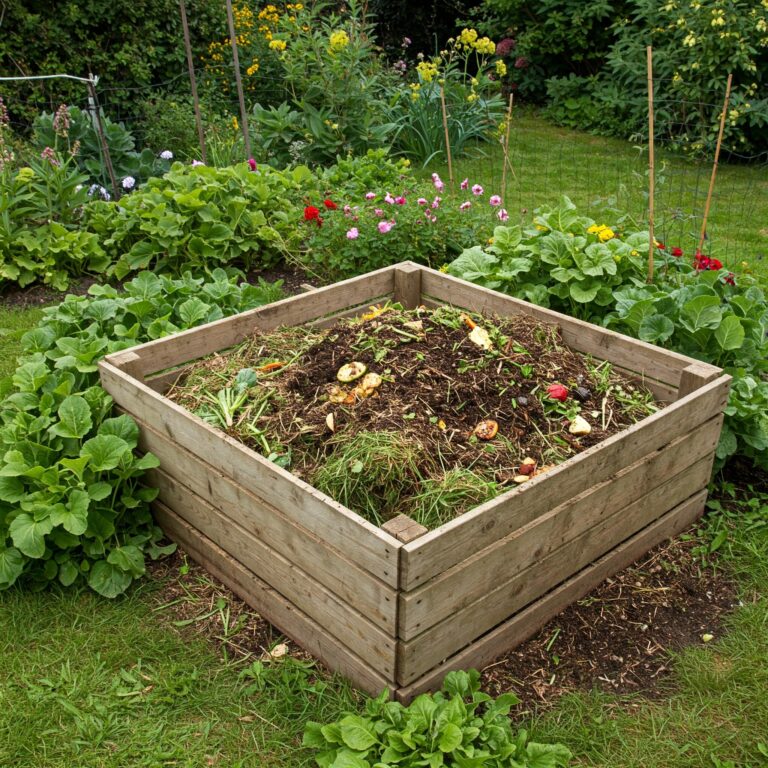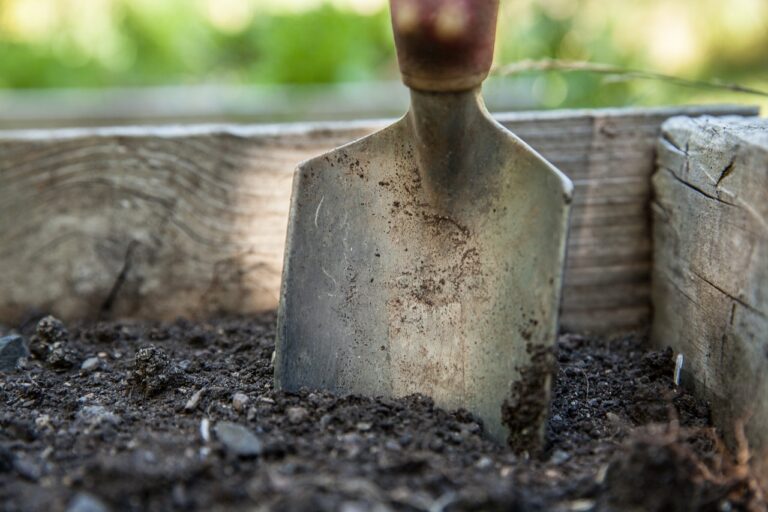Starting your first garden? The secret to success lies in the soil! While sunlight and water are vital, the foundation of any thriving garden is healthy, nutrient-rich soil. Whether you’re growing vegetables, flowers, or herbs, the right soil can make the difference between flourishing plants and disappointing results.
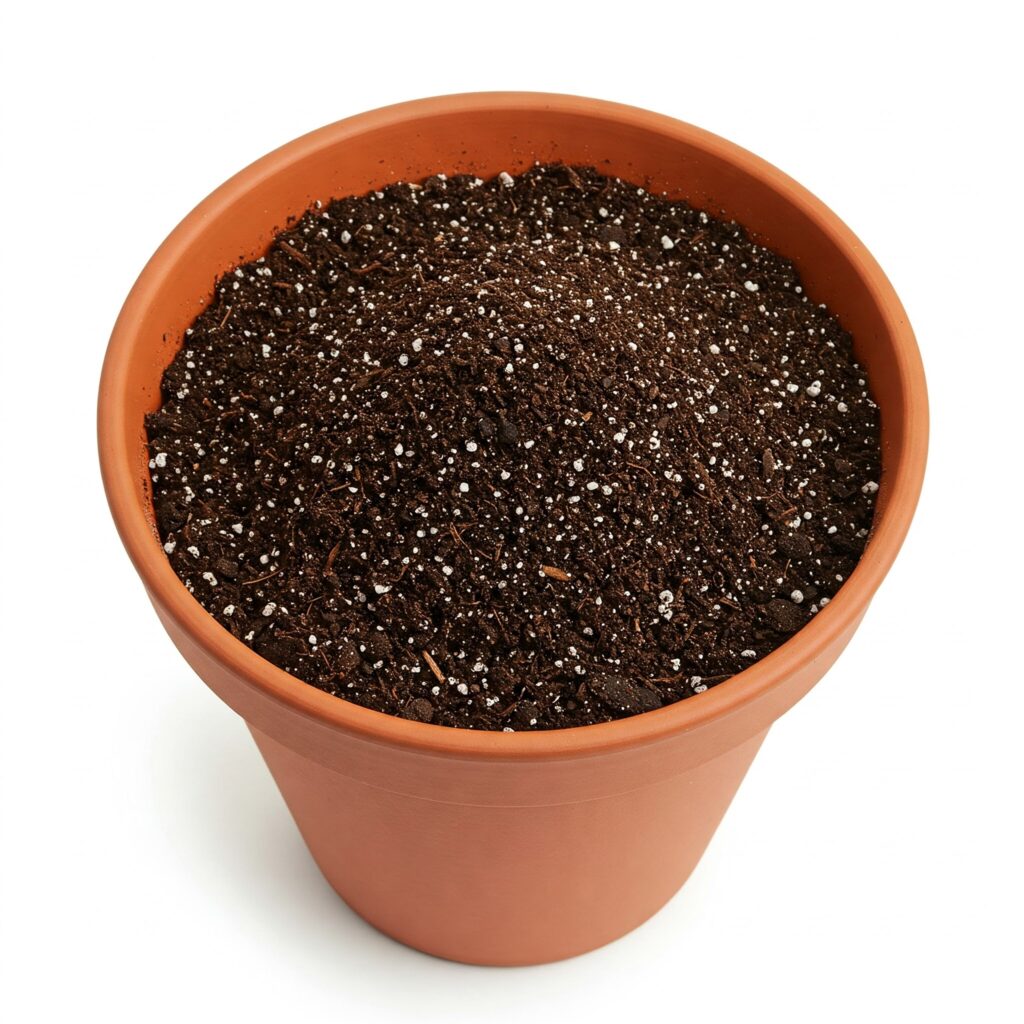
This guide will help you choose the best soil for beginner gardeners, covering soil types, how to pick the right one for your needs, and expert tips to ensure your garden thrives.
Why Soil Matters for Beginner Gardeners
Soil isn’t just dirt—it’s a complex ecosystem that provides plants with essential nutrients, water retention, and root support. Healthy soil fosters strong plant growth, improves resistance to pests, and enhances yields.
Importance of Soil in Plant Growth:
- Nutrients: Soil supplies key nutrients like nitrogen, phosphorus, and potassium.
- Water Retention: The right soil holds moisture without becoming waterlogged.
- Root Support: Good soil provides structure for roots to anchor and grow.
Common Soil Mistakes for Beginners:
- Using poor-quality or depleted soil.
- Not testing soil pH or nutrient levels.
- Overwatering or underwatering due to poor drainage.
Types of Soil for Gardening
Understanding different soil types helps you select the best option for your garden.
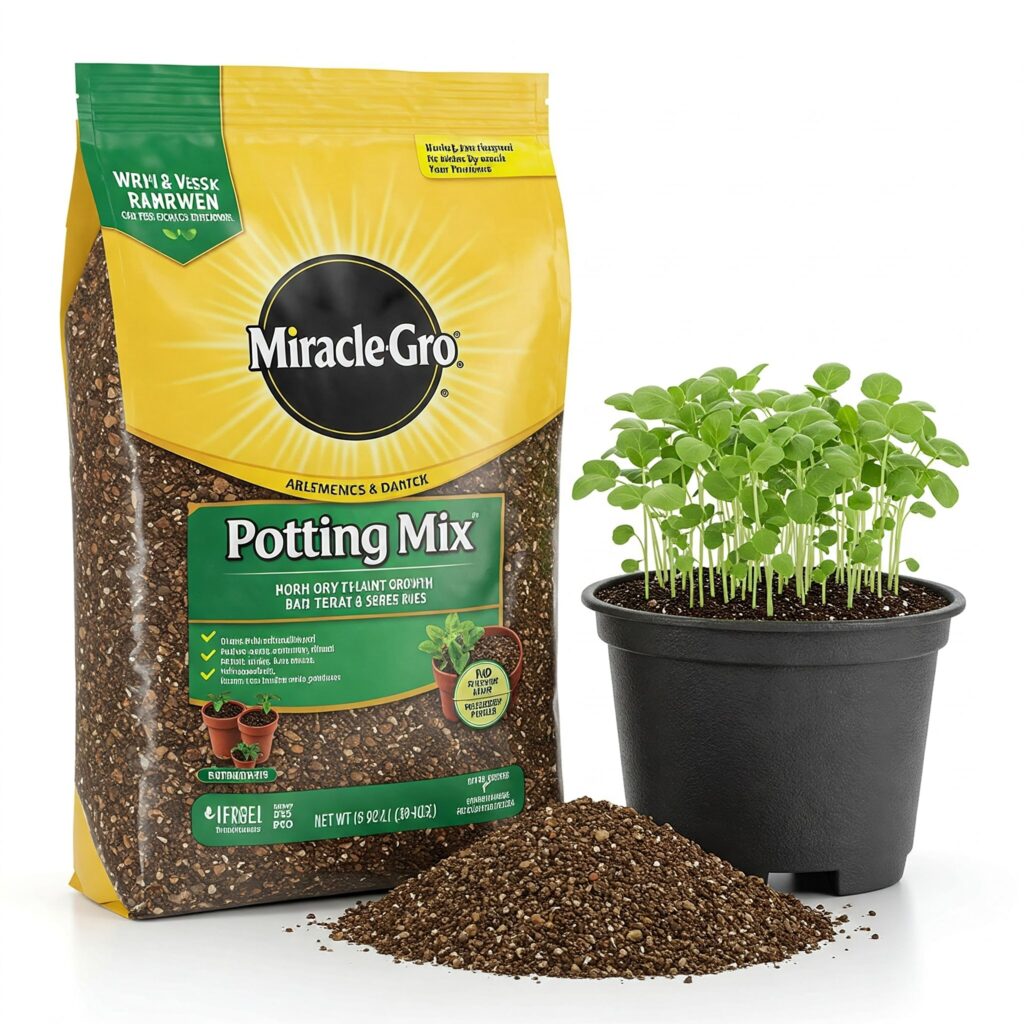
- Sandy Soil:
- Drains quickly, warms up fast.
- Best for drought-tolerant plants like lavender and rosemary.
- May require frequent watering and fertilization.
- Clay Soil:
- Retains water well but can become compacted.
- Ideal for moisture-loving plants like asters and hostas.
- Needs organic matter to improve drainage.
- Loamy Soil:
- A balanced mix of sand, silt, and clay.
- Holds nutrients and moisture effectively.
- Considered the gold standard for most plants.
- Potting Mix:
- Specially designed for container gardening.
- Lightweight, well-draining, and nutrient-rich.
- Often includes peat moss, perlite, and compost.
How to Choose the Best Soil for Your Garden
Selecting the right soil depends on several factors:
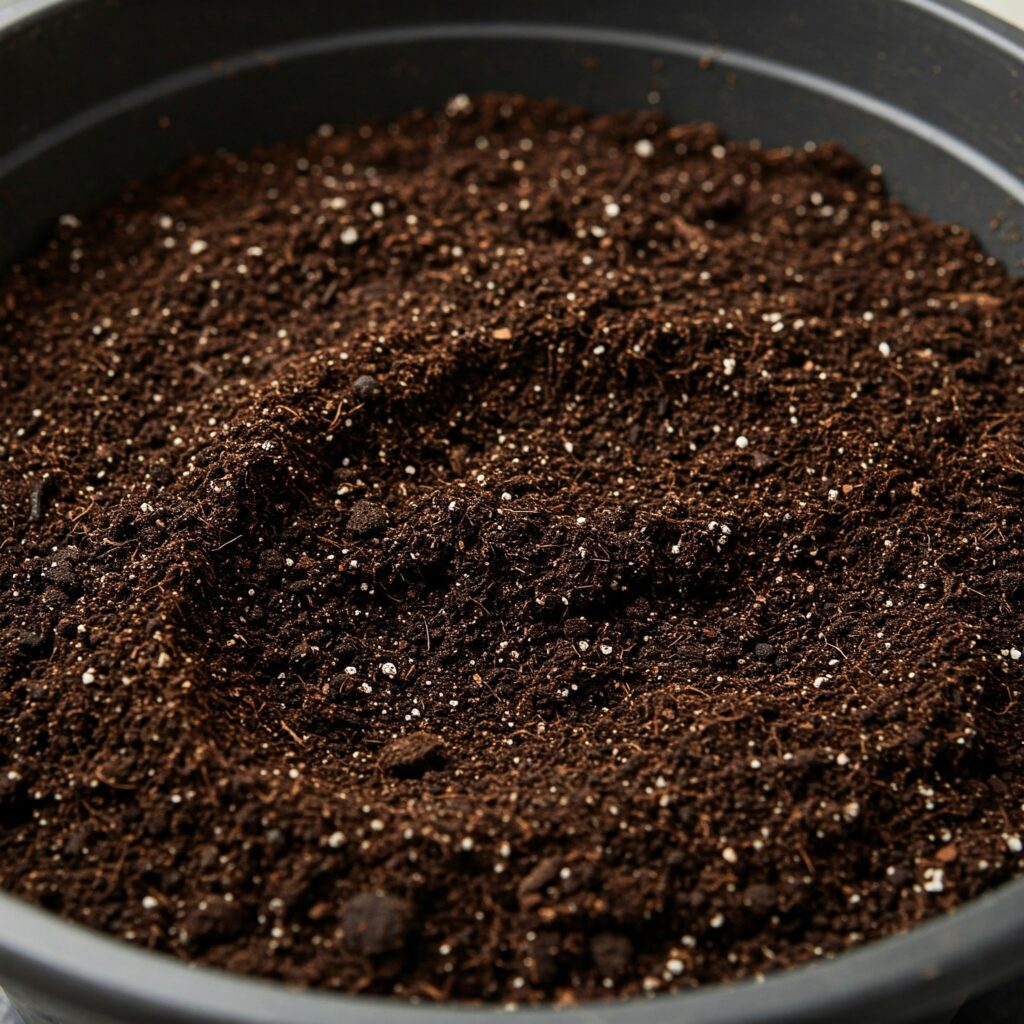
- Type of Plants: Vegetables need nutrient-rich soil, while succulents prefer well-draining sandy mixes.
- Climate & Local Conditions: In dry areas, choose soil with better water retention.
- Container vs. In-ground Gardening: Use potting mix for containers and amend garden beds with compost.
Top 5 Best Soil for Beginner Gardeners
Here are five highly recommended soils to kickstart your garden:
- Miracle-Gro Potting Mix
- Pros: Nutrient-rich, promotes fast growth, easy to use.
- Cons: May contain synthetic fertilizers.
- FoxFarm Ocean Forest
- Pros: Organic, excellent nutrient content, pH balanced.
- Cons: Pricier than other options.
- Espoma Organic Potting Mix
- Pros: Natural ingredients, great for vegetables and herbs.
- Cons: May need additional drainage material.
- Black Gold All-Purpose Soil
- Pros: Versatile, good moisture retention.
- Cons: Might compact over time.
- Happy Frog Potting Soil
- Pros: Boosts microbial activity, excellent drainage.
- Cons: Strong odor when first opened.
DIY Soil Mix for Beginners
Creating your own soil mix is cost-effective and customizable. Here’s a simple recipe:
- 1 part compost (for nutrients)
- 1 part peat moss or coconut coir (for moisture retention)
- 1 part perlite or sand (for drainage)
Mix thoroughly and adjust based on plant needs. DIY soil lets you control the ingredients, ensuring healthier plants.
Tips for Testing and Improving Your Soil
Knowing your soil’s condition helps optimize plant health.
How to Test Soil:
- Home Test Kits: Measure pH and nutrient levels.
- Laboratory Testing: Provides detailed analysis.
Improving Soil Quality:
- Add compost to boost nutrients.
- Use mulch to conserve moisture.
- Rotate crops to prevent nutrient depletion.
Common Soil Problems and How to Fix Them
Beginner gardeners often face soil-related issues. Here’s how to tackle them:
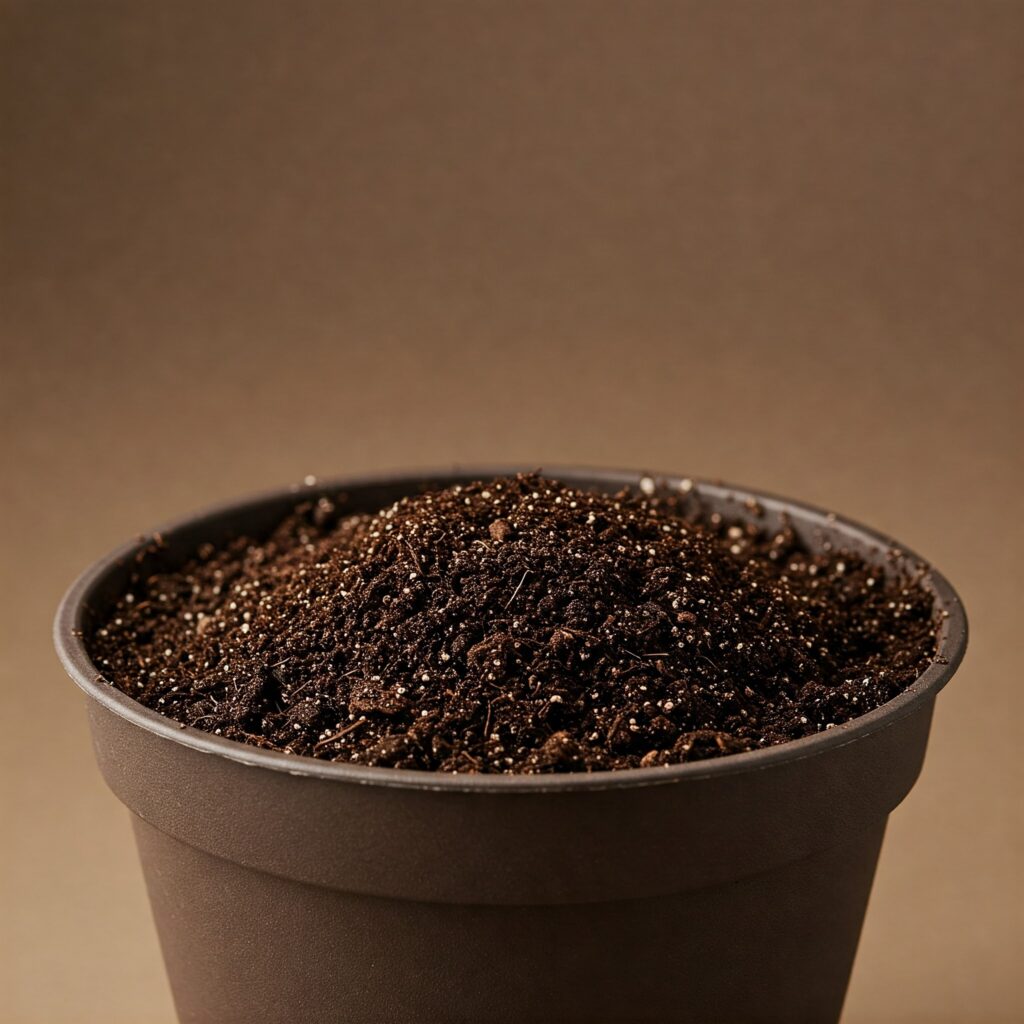
- Poor Drainage: Add sand or perlite to improve aeration.
- Soil Compaction: Loosen soil with a garden fork and add organic matter.
- Nutrient Deficiencies: Use organic fertilizers or compost to replenish nutrients.
FAQs About Soil for Beginner Gardeners
Q: What’s the difference between soil and potting mix?
A: Soil is natural ground material, while potting mix is a soil-less blend designed for containers.
Q: Can I reuse soil from last year?
A: Yes, but refresh it with compost and test for nutrient levels.
Q: How often should I fertilize my soil?
A: Every 4-6 weeks during the growing season, depending on plant needs.
Conclusion
Choosing the right soil is essential for beginner gardeners. Start with quality soil, experiment with different types, and don’t be afraid to adjust as you learn. Ready to start your gardening journey? Check out our recommended soils and get planting today!
